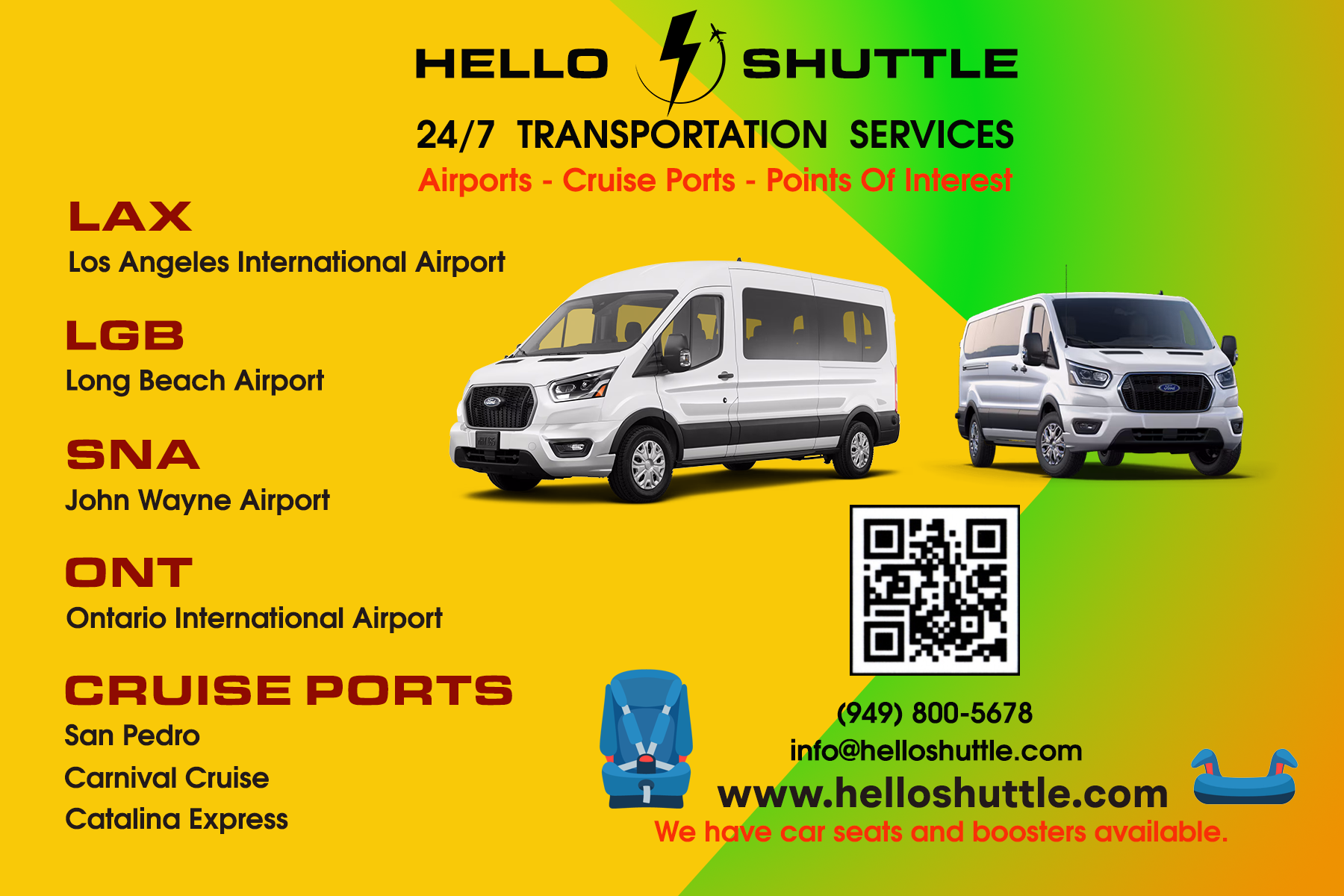
Donald Trump plans to immediately sign controversial executive orders upon taking office, leaving the courts to decide their legality if challenged, rather than pre-evaluating them.
U.S. President-elect Donald Trump will assume office on January 20, 2025. He has outlined a range of policies, including contentious proposals such as ending birthright citizenship and reinstating rules to facilitate mass firing of federal employees. He may act on these measures on his inauguration day or within the first month of his administration.
During his first term, Trump spent considerable time with legal advisors assessing the feasibility of certain policies but still faced prolonged legal battles. This time, Trump’s administration appears ready to “fast-track” implementation, signing executive orders first and leaving any legal disputes to the courts.
"President Trump will take every legal measure possible to fulfill the promises he made to the American people," Trump spokesperson Karoline Leavitt said. "Those who file lawsuits to delay or obstruct his agenda are opposing the will of the voters who elected him."
One of Trump’s first actions will likely be to end the policy of birthright citizenship, something he has repeatedly promised despite its long-standing interpretation under the 14th Amendment to the U.S. Constitution.
Ratified in 1868, the 14th Amendment states, "All persons born or naturalized in the United States, and subject to the jurisdiction thereof, are citizens of the United States and of the State wherein they reside." This has traditionally excluded foreign diplomats and Native American tribes (until citizenship was granted to them by a 1924 law). Some conservatives argue that the language of the 14th Amendment could be reinterpreted to exclude children of undocumented immigrants.
The simplest way for Trump to implement this change would be to sign an executive order mandating federal forms—such as Social Security applications—to include questions about parents’ citizenship or residency status, according to Eric Ruark, research director at the immigration restriction advocacy group NumbersUSA.
Jeremy Beck, Vice President of NumbersUSA, said Trump’s administration would face lawsuits over such changes, with the issue ultimately decided by the Supreme Court.
Experts believe Trump may face fewer obstacles imposing immediate high tariffs on China. However, levying tariffs on Mexico, Canada, or all U.S. trading partners would surpass his first-term actions and rely on weaker legal grounds. To overcome this, Trump aides are exploring untested strategies, such as invoking a vague provision in the 1974 trade law. They are also examining emergency powers laws, which serve as a basis for U.S. financial sanctions on other countries.
"Emergency powers laws were never intended to impose tariffs on Canada, arguably our closest ally," noted Scott Lincicome, Director of Economics at the Cato Institute, a free-trade policy think tank.
Legal scholars remain divided on whether the Supreme Court would strike down such executive actions, as affected nations and businesses would likely file lawsuits.
Lincicome argued that the laws’ broad language gives Trump a chance of winning in court. He also doubted the Supreme Court would intervene, given its long-standing deference to presidential authority on national security matters.
Trump’s team also plans to push legal boundaries regarding executive authority over federal spending and regulations. Russ Vought, a candidate to lead the White House Office of Management and Budget (OMB), has called for restoring "impoundment power," allowing the president to unilaterally cancel congressionally approved spending plans.
Officials have consulted with conservative scholars to identify cases that might convince courts to approve a president’s decision to “block” certain federal funds, according to two informed sources. Winning such a case would pave the way for Trump to cut additional federal programs.
Trump’s establishment of the Government Efficiency Board (DOGE), which operates outside the formal government structure, could also face legal challenges. The Federal Advisory Committee Act of 1972 requires external advisory groups to meet publicly and include diverse perspectives. DOGE, led by billionaire Elon Musk and entrepreneur Vivek Ramaswamy—both Trump supporters—may not comply with this requirement.
Musk and Ramaswamy have stated that Trump would immediately reverse thousands of federal regulations through executive orders. However, this move could be challenged under the Administrative Procedure Act, which mandates a lengthy and public process for enacting or repealing regulations.
During his first term, Trump’s administration issued but did not fully implement "Schedule F," an executive order removing job protections for thousands of federal employees. President Joe Biden revoked the order upon taking office in 2021 and issued new rules earlier this year to prevent similar Republican efforts in the future. Trump’s transition team lawyers are now considering swiftly introducing new rules to reverse Biden’s actions and revive Schedule F.
"Broadly speaking, you can go around or plow straight through a legal obstacle. I think the answer here will be all of the above," said Paul Dans, who oversaw the Office of Personnel Management during Trump’s first term and helped develop Schedule F. Trump’s second administration is betting that Democratic lawyers and advocacy groups for the environment and civil liberties now have fewer financial resources and less appetite for litigation compared to the early "Trump resistance" era.
Trump’s administration will also face a more favorable judiciary. Conservative judges hold a majority on the Supreme Court and in 6 of the 13 federal appellate courts. The Senate, which approves judicial nominations, will also be Republican-controlled in the next term.
"I think they understand they’re going to be sued over everything," said Lee Gelernt, senior immigration attorney at the nonpartisan American Civil Liberties Union (ACLU). Gelernt previously fought Trump’s family separation policy at the border during his first term. "There will be some early battles fought quickly, but after that, it will be a long marathon."
(Sources: Washington Post, Reuters, AFP)
Hello Shuttle will strive to bring the latest updates. At the end of the day, whenever you need a reliable shuttle service, don’t hesitate to book with Hello Shuttle. We operate 24/7 whenever you need, serving major airports including LAX, Long Beach Airport, John Wayne Airport, Ontario Airport, Disneyland, and cruise terminals. Book a ride at www.helloshuttle.com or call (949) 800-5678
Professional Airport and Cruise Port Shuttle Service for LAX, SNA, LGB, Disneyland, and Cruise Ports
Are you looking for reliable and professional airport shuttle services to and from Los Angeles International Airport (LAX), John Wayne Airport (SNA), Long Beach Airport (LGB), Disneyland, or nearby cruise ports? We offer top-notch transportation solutions to make your journey seamless and stress-free.
With a fleet of modern vehicles, experienced drivers, and a strong commitment to punctuality, our service ensures comfort, safety, and convenience for every trip. Whether you’re traveling for business, family vacations, or connecting to your cruise, we’ve got you covered.
Why Choose Us?
• 24/7 Availability: Ready to serve you anytime.
• Affordable Rates: Transparent pricing with no hidden fees.
• Personalized Service: Tailored to your needs.
• On-Time Guarantee: Punctual pickups and drop-offs. Book your ride today at www.helloshuttle.com or call (949) 800-5678
“Los Angeles International Airport (LAX) shuttle service”
“John Wayne Airport (SNA) transportation”
“Long Beach Airport (LGB) transportation”
“Disneyland shuttle service”
“Cruise port transfers”
"Airport shuttle service in Westminster CA 92683"
Let us take the hassle out of your transportation needs. Start your journey with confidence and comfort by choosing our premium shuttle service!


